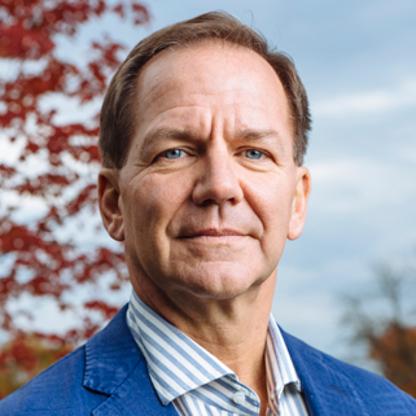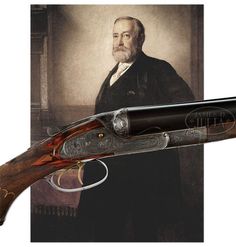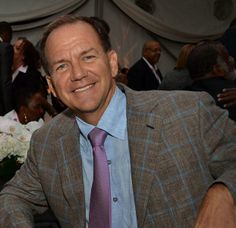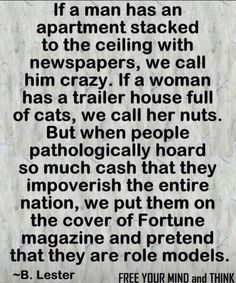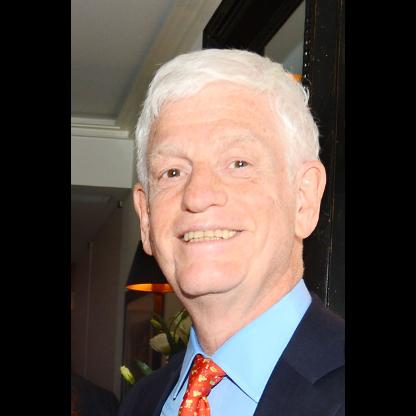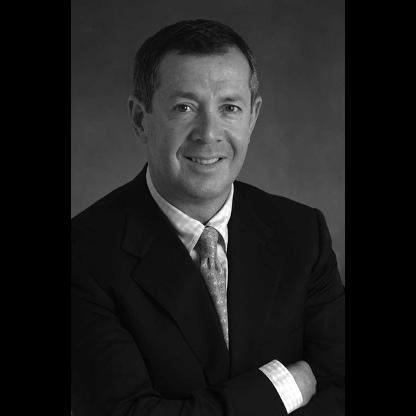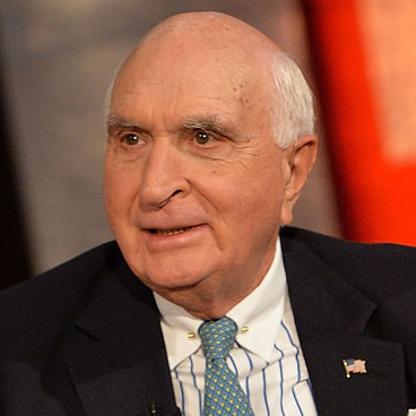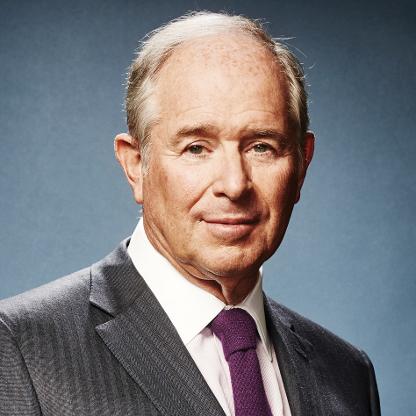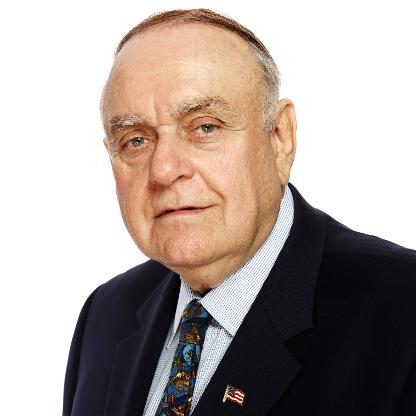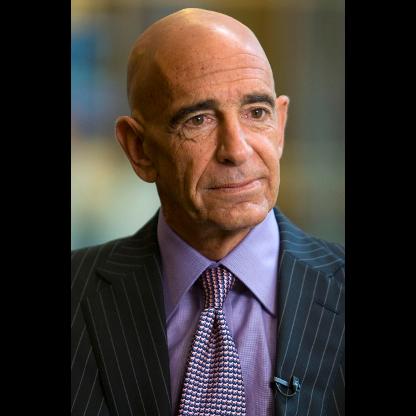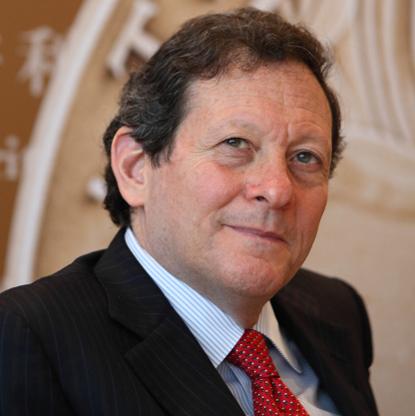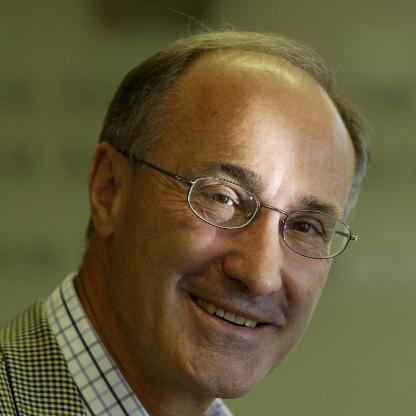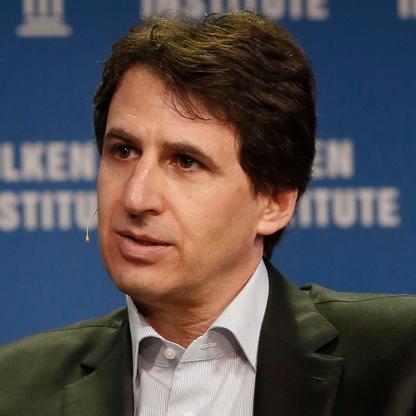In 1980, Jones founded Tudor Investment Corporation, an asset management firm headquartered in Greenwich, Connecticut. The Tudor Group, consisting of Tudor Investment Corporation and its affiliates, is involved in active trading, investing, and research in assets across fixed income, currencies, equities, and commodities asset classes and related derivative and other instruments in the global markets for an international clientele. The investment strategies of the Tudor Group include, among others, discretionary global macro, quantitative global macro (managed futures), discretionary equity long/short, quantitative equity market neutral and growth equity.

